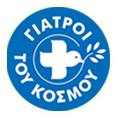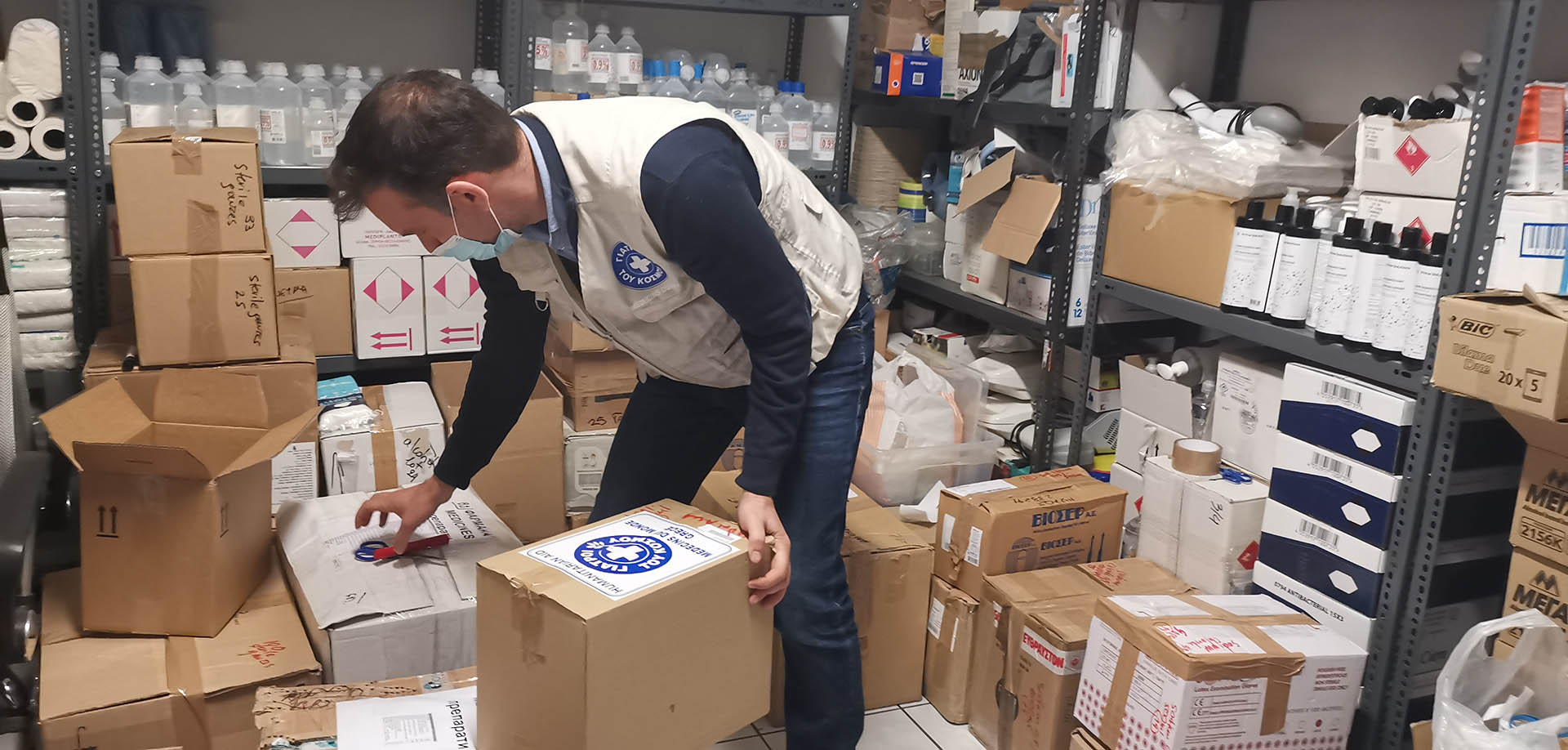We, members of the European Alliance for Responsible R&D and Affordable Medicines, reiterate the need to ensure that people have access to medicines they need and call on for an R&D system that is driven by health needs and delivers medicines and other health technologies which are safe, effective, universally accessible and affordable.
The Alliance and its members are encouraged by the increased attention to the need for a fairer biomedical R&D sfystem, and the inclusion of references to access and affordability of medicines in the political agenda of the EU and many European countries. Nonetheless, the rapid development of COVID-19 medical tools has recently shown the consequences of an unbalanced system of incentives without access and affordability conditions for everyone regardless their place of residence and insufficient transparency safeguards to shine light into the negotiations of contracts for the provision of vaccines and therapeutics enabling public scrutiny.
And while considerable public investments have been made by EU taxpayers via its research program and budget, the EU’s response to the crisis missed the opportunity to plant the seeds for the development of access policies that ensure returns on public investments.
At this crucial moment, where many European countries are taking stock of the pandemic lessons, we welcome the EU’s Pharmaceutical Strategy vision to include patient-centered policy based on affordability, accountability and transparency, and call on the EU Commission, Parliament, and the Council to uphold these principles in the upcoming revision of its pharmaceutical legislation. We also call upon global, EU and national policymakers to:
- Secure available, affordable and accessible medicines, including by ensuring that the revision of the EU pharmaceutical legislation (and similar current and future processes at national, regional, and global levels) is transparent, removes unnecessary barriers to competition, production and supply, addresses adequate patient access, and prioritizes public health and patients’ needs, including through a careful evidence-based evaluation of pharmaceutical regulation and incentives already in place.
- Use incentives for new antibiotics that delink the cost of investment in R&D from the prices and volume of sales while adopting an end-to-end approach and avoiding the creation of new market-based incentive (such as transferable exclusivity vouchers), which would extend pharmaceutical monopolies and unaffordable prices for antibiotics and other health products. It is also essential to ensure that effective health technologies to reduce the threat of AMR are available to all low- and middle-income countries as equal partners in the global response to AMR.
- Set higher standards for patentability at the European Patent Office to ensure that patents are granted to truly new and genuinely innovative medicines, and that efficient procedures to challenge patents that do not meet these requirements are in place.
- Remove legislative and regulatory obstacles to the use of TRIPS flexibilities such as compulsory licenses or parallel imports from EU legal frameworks and stimulate governments to take necessary steps to adapt rules to make use and enforce aforementioned flexibilities to ensure a good balance between incentivizing innovation representing real therapeutic progress and ensuring access and affordability for all.
- Promote transparency of R&D and other costs as well as net prices of medicines, as well as rack public and private funding for pharmaceutical R&D across the full value chain to restore balance into the pharmaceutical sector as set out in WHO and European Parliament resolutions.
- Adopt laws, regulations and public funding conditionalities that ensure that the results of all clinical trials are made public within one year of trial completion, in line with the WHO Joint statement on public disclosure of results from clinical trials, and with the 2022 World Health Assembly resolution on Strengthening clinical trials.
- Ensure transparency and accountability of political decisions at key institutions such as the EMA and the newly formed HERA to ensure they remain wholly accountable to EU citizens and institutions, independent from commercial interests and taken in the general public interest.
- Commit public funds to support a needs-driven approach to pharmaceutical R&D and address unmet needs and introduce effectively enforceable conditions to public R&D funding to hold the pharmaceutical industry accountable and to enhance the accessibility and availability of the R&D results. Set a publicly-funded research agenda addressing unmet medical needs and resulting in high-quality, safe, effective products representing a real therapeutic progress.
- Prevent medicine shortages and reduce their impact on patients and healthcare providers by strengthening monitoring of key starting materials and priority APIs as well as finished pharmaceutical products, implementing active mitigation measures, developing prevention strategies that identify and address persistent market failures, and strengthening transparency and accountability mechanisms for all actors across the supply chain.
- Ensure the co-creation of European pharmaceutical policies by facilitating the meaningful involvement of patients, consumers, and healthcare professionals and civil society at all stages of the European pharmaceutical policy development to secure transparency and safeguard the public interest based on stringent conflict of interest policy and transparency requirements.
- Strengthen existing legislation on the human rights duties of pharmaceutical companies in relation to access to medicines in the EU, by ensuring that the draft directive of February 2022 of the European Commission on corporate sustainability and due diligence addresses pharmaceutical companies and upholds the right to health
Proper, sustainable and affordable access to medicines remains a challenge for many, in the EU and beyond. We remain committed to promote policies, support actions and facilitate public interventions to educate the public and convince decision-makers both at the national and EU level about the need to address the unavailability, unaffordability and other obstacles to the fulfillment of the right to health.
Endorsing organizations
- EKPIZO
- Acceso Justo al Medicamento
- Prescrire
- European Public Health Alliance (EPHA)
- Pharmaceutical Accountability Foundation
- Médecins du Monde International Network
- AIDS Action Europe
- European AIDS Treatment Group
- Public Eye
- Wemos
- Salud por Derecho
- Global Health Advocates
- Access to Medicines Ireland
- AIDES
- UAEM Europe
- Oxfam
- SOMO
- Health Action International (HAI)
- Action against AIDS Germany
- Just Treatment
- ARAS – Romanian Association Against AIDS
- EX AEQUO asbl (Belgium)
- BUKO Pharma-Kampagne
- France Assos Santé
- medico international

